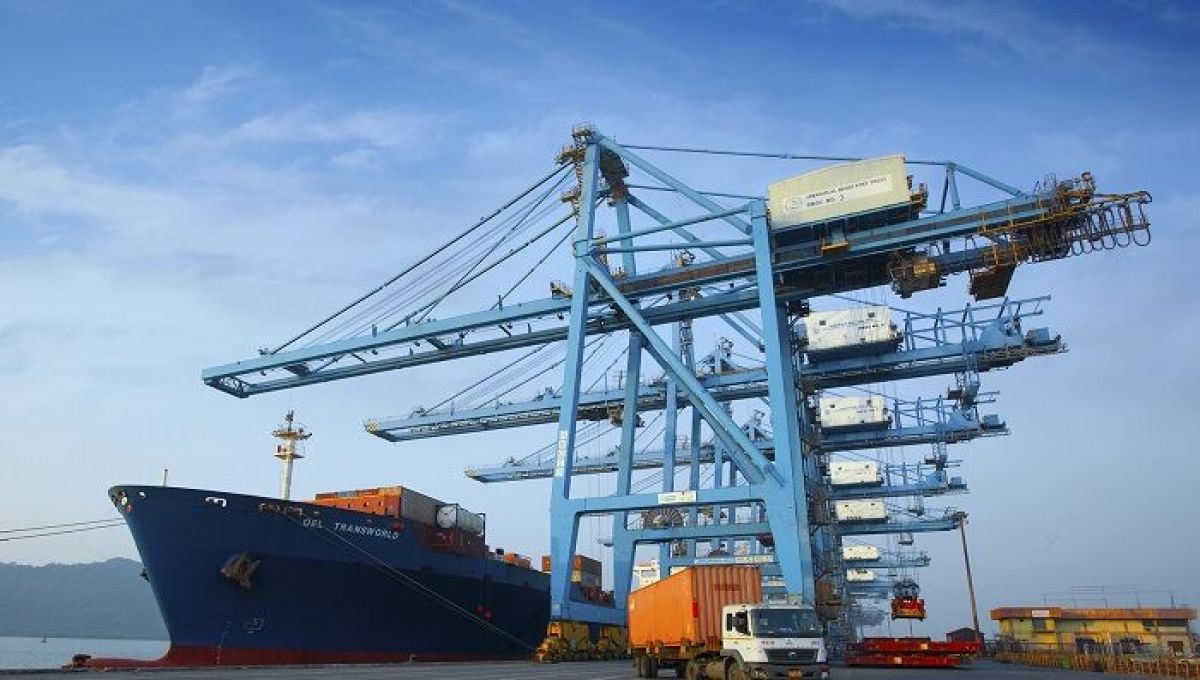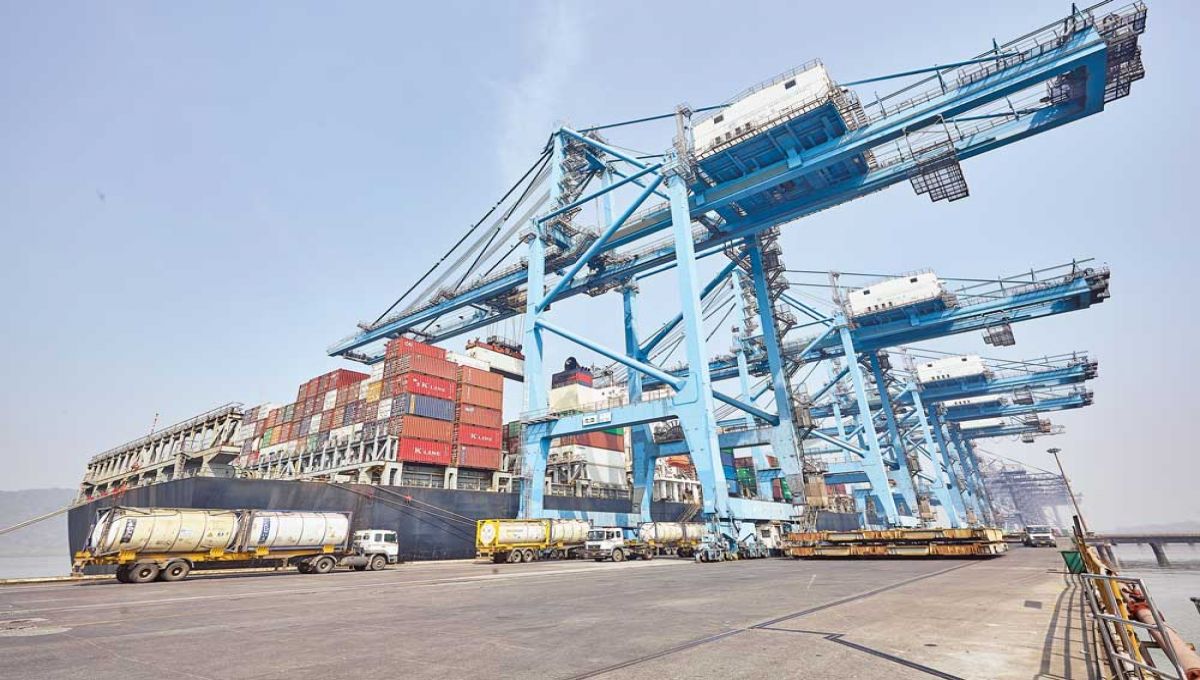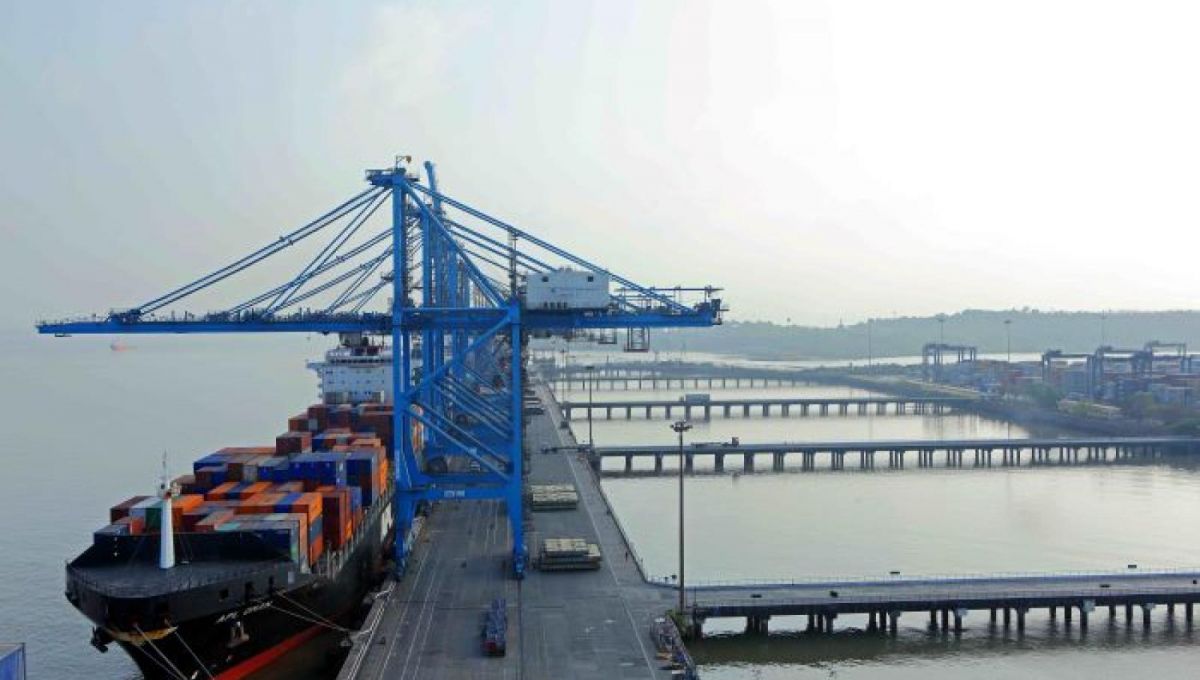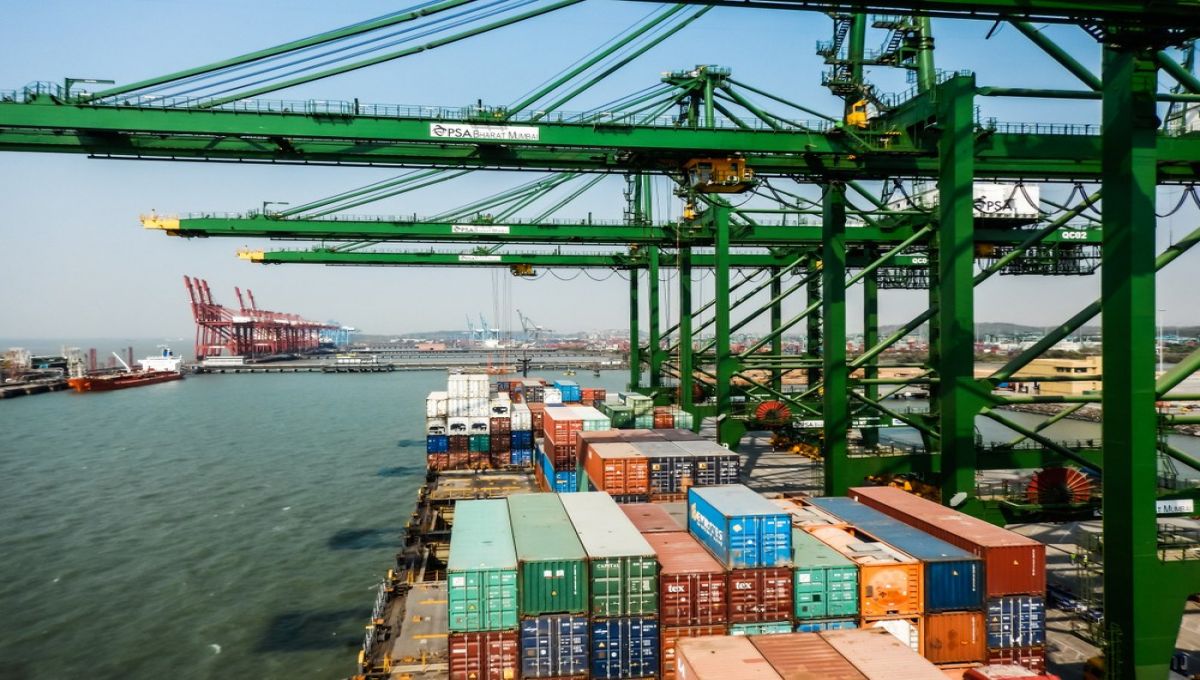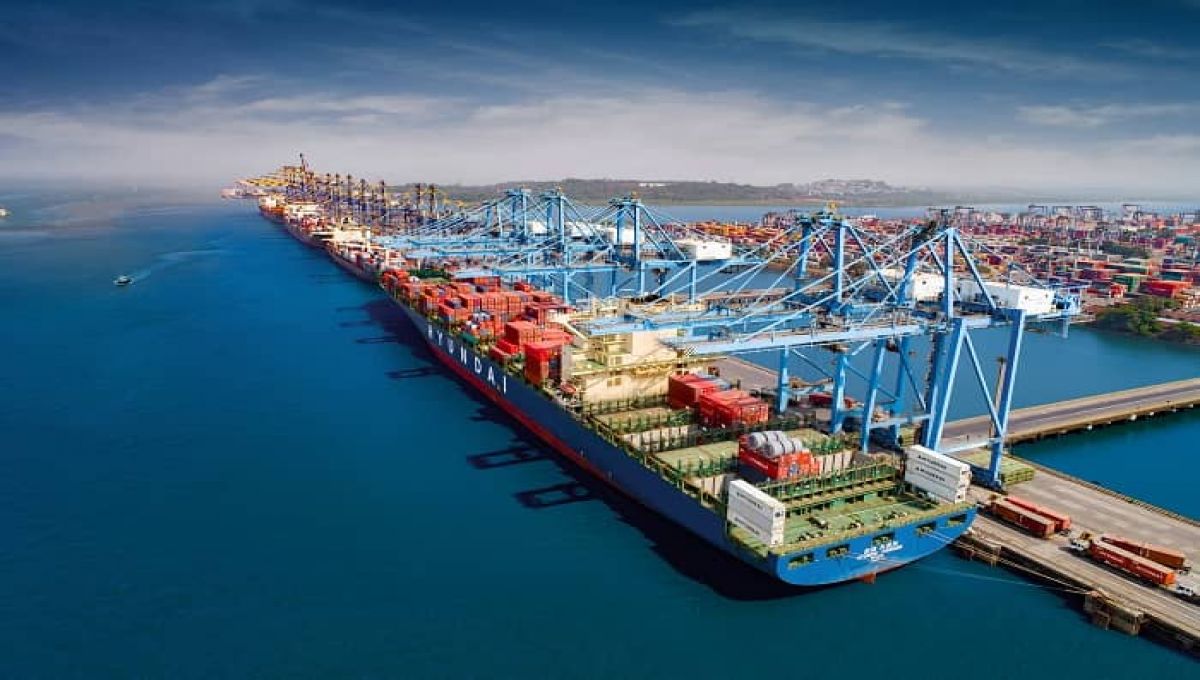A recent report unveiled at COP28 delves into the annualized total costs of zero-emission container vessels, highlighting initial cost disparities with conventional fossil fuels. Titled 'Cost of zero emission container freight shipping: A study on selected deep-sea and short-sea routes,' the study projects significant cost gaps, particularly for green ammonia and green methanol on transpacific routes. However, with proper demand signals, willingness to cover cost differences, and supportive policies, the report anticipates narrowing the cost gap by 2050. Early movers, including cargo owners, play a pivotal role in kickstarting the scaling-up of scalable zero emission fuels (SZEF) production.
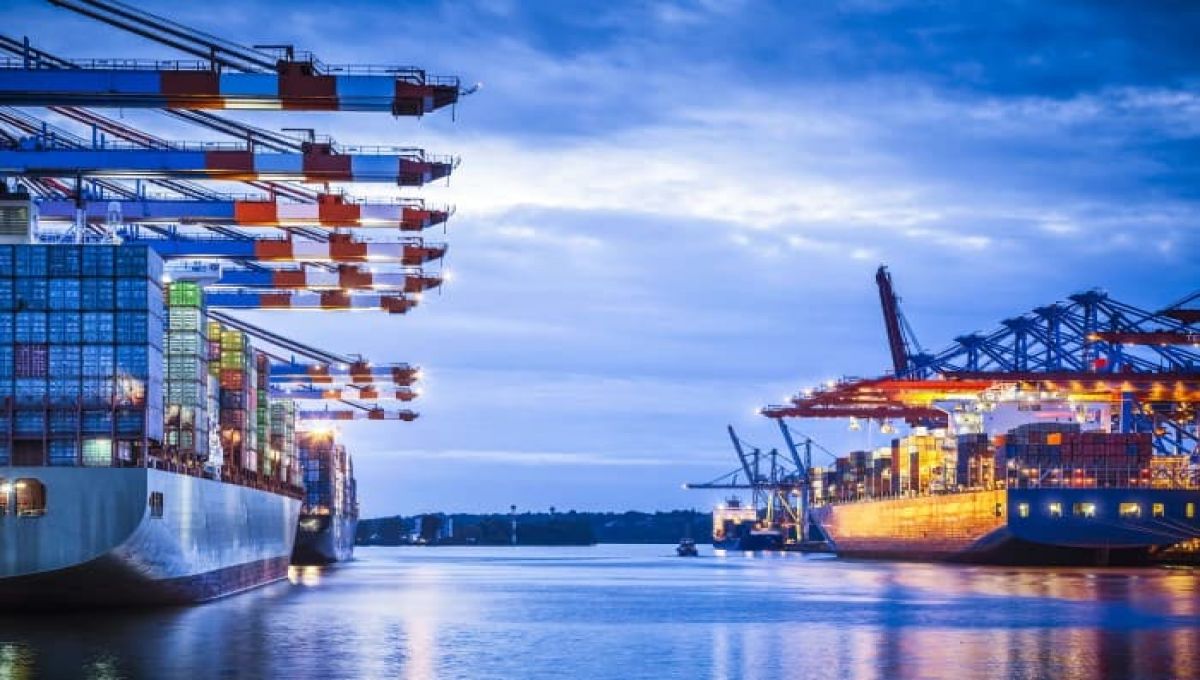

 All Categories
All Categories
